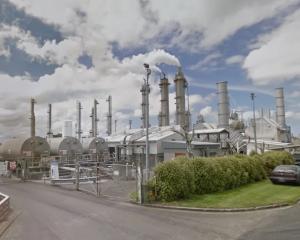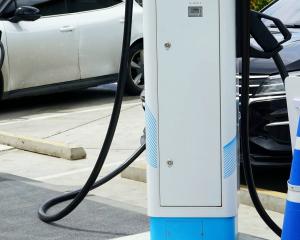

How do we change from individuals (overwhelmingly) moving around our cities in 1.5 tonnes of steel with an internal combustion engine that is on average 20% (petrol) to 25% (diesel) efficient, polluting children's lungs, generating much of our CO2 emissions and costing hundreds of lives a year in crashes? Can we return to sustainable transport in our cities, moving by public transport, bicycle and by foot. Many other countries have achieved this with all the same challenges Dunedin and New Zealand has.
WHY DOES THAT INTEREST YOU?
If we can shift to sustainable mobility our cities will be cleaner, quieter, fairer, more relaxed and more social places. Our cities will be filled with healthier, fitter, more connected and happier people. In short, our collective quality of life will increase.
WHAT ACTIONS MIGHT IT INDICATE?
To achieve a transition we need to make it easier to move sustainably (public transport, cycling and walking) and harder to drive, especially alone, in a car. We don't need to penalise drivers, but removing subsidies from driving will take care of making it a less attractive mode of transport. Currently parking is subsidised (what other item of your private property do you expect to store in a public space?) and the full costs of hydrocarbon use are not paid by the user of the vehicle.
WHY SHOULD WE CARE?
Around one fifth of CO2 emissions are from road transport in New Zealand. Thousands of houses in Dunedin, and around the country, are in danger of the effects of climate change associated sea level rise and extreme weather events. We shouldn't ask the rest of the world to reduce carbon emissions to save our city, but not show leadership ourselves.
Ben Wooliscroft is an associate prof in the University of Otago School of Business












